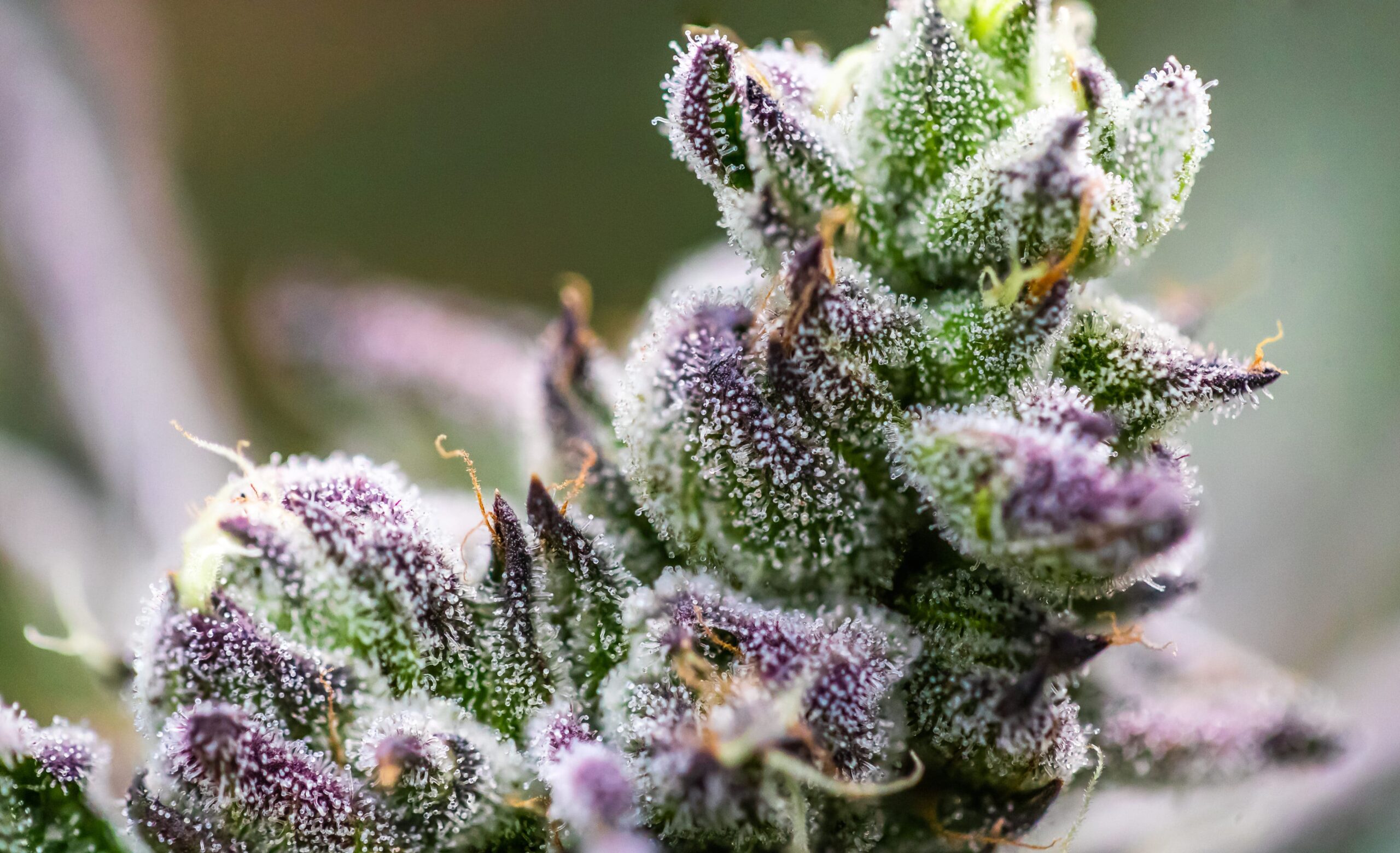
Portland Weed Demand Hits Three-Year Low
Pot sales in the Portland, Oregon area hit their lowest number of sales in three years, according to a database from the Oregon Liquor and Cannabis Commission (OLCC). However, some experts blame the temporary pandemic hump for the drop in sales.
In June 2022, retail cannabis stores in Multnomah County, the state’s most populous area, posted their lowest monthly profit since early 2019 — averaging just $27,000.
The price of cannabis flower is the lowest since April 2019. The county’s average gram sells for just $4.29 per gram — quite a bit lower than most other states. Some have blamed Oregon’s oversupply problem for the drop in value, while others say the state’s oversupply problem wasn’t quite as bad as reported.
Portland residents bought $21 million worth of flowers in July 2020, in the midst of the pandemic — and it was the most cannabis ever bought in the state in a single month.
In general, cannabis sales have been steadily increasing since they began in 2016, but have skyrocketed in 2020, due in part to working from home and stimulus checks. In just five months, the county’s cannabis sales increased by 79%. As of July 2020, cannabis stores in Multnomah County were making an average of $48,000 per month. Shortly thereafter, however, sales collapsed, marking their lowest level since June 2019.
Willamette Week profiled business owners in Portland who acknowledged sluggish sales.
Bret Born, owner of northeast Portland-based cannabis shop Ascend, has acknowledged the drop in demand. “Nobody’s selling anything, which means nobody’s buying anything,” Born told Willamette Week. “Vendors and stores say this isn’t a gangbuster summer. We could face really tough times in autumn and winter.”
The OLCC’s Director of Analytics and Research, TJ Sheehy, said that apart from 2020 and 2021, 2022, which he believes is an anomaly, the sales trend is actually consistent with consumption trends from 2019.
“We’ve had a major pandemic surge, but that has proven to be short-lived. Now we’re back to normal,” says Sheehy. “But because we had this COVID-19 bump, companies reacted to it when making their planting decisions, compounding the higher supply problem.”
Furthermore, it turns out that many people who could work at home also had more time to smoke weed, and many of the jobs are reverting to office jobs, so it’s no longer viable.
Beau Whitney of research firm Whitney Economics said many Oregonians are suddenly finding they can’t “work stoned” anymore.
“We’re pretty far from stimulus payments with COVID-19 and inflation has picked up. I have a feeling cannabis dollars are discretionary dollars for a lot of people,” said Mason Walker, co-owner and CEO of East Fork Cultivars in Takilma. “People are tightening their belts a little bit.”
“I think everyone in the industry is feeling the slump right now and trying to figure out if this is a temporary thing or a permanent one,” Walker said.
Efforts for justice in this area remain strong. In May 2020, Dasheeda Dawson was appointed Cannabis Program Supervisor for the Office of Community and Civic Life in Portland, Oregon. And even amid the pandemic, Dawson oversaw a social justice program and faced new challenges.
Despite the temporary drop in sales, there’s slow and steady growth in the overall picture of Portland’s cannabis market profitability.

Post a comment: